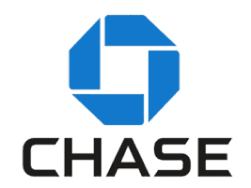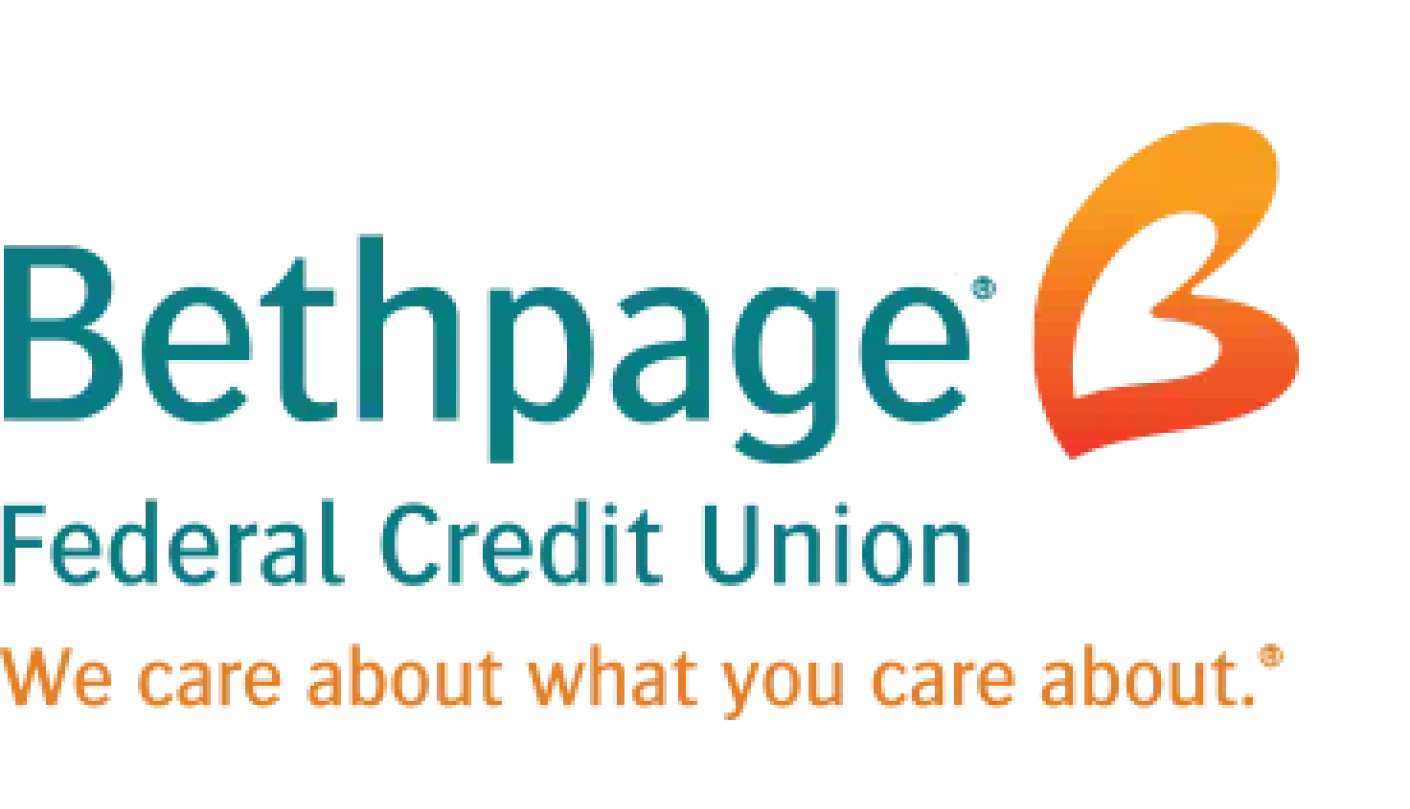We may earn an affiliate commission from partner links on the Entrepreneur Guide. These do not affect our editors’ opinions.
You likely have a personal checking account established in your name. The Federal Reserve estimates that 81 % of American adults are “fully banked.” In other words, more than 200 million people either have a checking or a savings account with an FDIC-insured financial institution.
An additional 13% of adults are “underbanked,” so it’s a 94% chance that you have access to a checking account or otherwise utilize online banking for your personal finances.
Managing finances is one of the most challenging aspects of running a business. If you already have a personal checking account open, you might be considering using it in conjunction with your business.
After all, a checking account is merely a place to deposit and withdraw funds, right? Unfortunately, the truth is that they’re a little more complicated than that. While it might seem more convenient to merge your finances into one account, there are a lot of downsides that you should know about.
Who offers the best business checking account in 2023?
It isn’t challenging to find checking accounts that cater to businesses. Banks and credit unions are often ecstatic to accept a business’s money. Just think of all they do to attract the business of everyday citizens.
Since business bank accounts typically hold a lot more money than an individual, you can imagine the incentives they’re willing to offer.
Here is a list of the three best business checking accounts in 2023:
Why do I need a business checking account?
Opening a business checking account might sound like something that should be on the bottom of your priority list.
There are a million things that business owners need to take care of when operating a small business. Why open another checking account when you already have one that works fine? Here are a few reasons that might change your mind and have you reorganize your priority list:
Tax preparation
Tax time comes for all people and businesses alike. Sooner or later, you will need to file your personal and business taxes. How exactly do you plan to record your business expenses when using the account in your personal life?
Was the $800 purchase at Best Buy last March the new work computer or refrigerator? Was the $85 at the gas station to fill up the work truck or the minivan? You get the idea.
By creating a separate business account, you’ll have a detailed account of all your business’s transactions. Deductions and expenses will be way easier to calculate, and you don’t have to worry about overpaying or underpaying the IRS.
An IRS audit is the last thing you want to deal with when mixing your finances. Separating your finances is the easiest way to avoid that scenario.
Avoid business debt liability
It doesn’t take long for a business to accrue a sizable debt. Often, a company will fall into debt without a way out. Should this happen, creditors would seize the business assets to cover the costs of the debt.
The problem with keeping a single bank account is that there is no way of knowing which assets are business-related or personal. You could simply lose everything you own to cover your business debts.
The best way to avoid this nightmarish scenario is to establish your business as a limited liability company (LLC) or corporation. That would establish your business as a separate entity with its liability. The second thing is to get a business checking account to create a line between personal and business assets.
There would be no question as to which assets are which, and you won’t be held personally liable for the debts of your business.
Build business credit
On its own, a business checking account probably won’t move the needle on your business credit score. However, a business debit card will allow you to take out a business credit card or line of credit. As long as you use it responsibly, revolving credit is an excellent way to build up your business’s credit score.
Additionally, bank statements and a solid growth history can be a perfect bargaining tool when applying for a business loan. Having a single checking account will prevent you from experiencing these necessities.
Open a business checking account and separate your finances
Based on the list above, small-business owners have many solid options for opening a business checking account. The process might be a little different depending on the provider, but none of them will be too difficult.
You’ll most likely need to bring in a few items, such as your taxpayer-identification numbers, copies of essential business documents, and personal identification. However, the checking account provider will be eager to have your business and gladly guide you along the process.
Are you interested in business content? Check out Entrepreneur.com for our books, webinars, and other resources.
Information provided on Entrepreneur Guide is for educational purposes only. Your financial situation is unique and the products and services we review may not be right for your circumstances. We do not offer financial advice, advisory or brokerage services, we do not recommend or advise individuals to buy or sell particular stocks or securities. Performance information may have changed since the time of publication. Past performance is not indicative of future results



